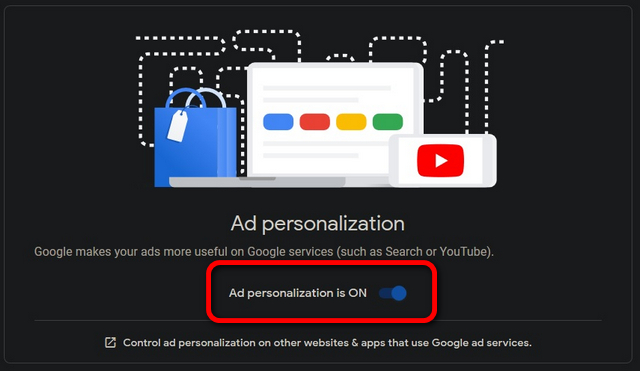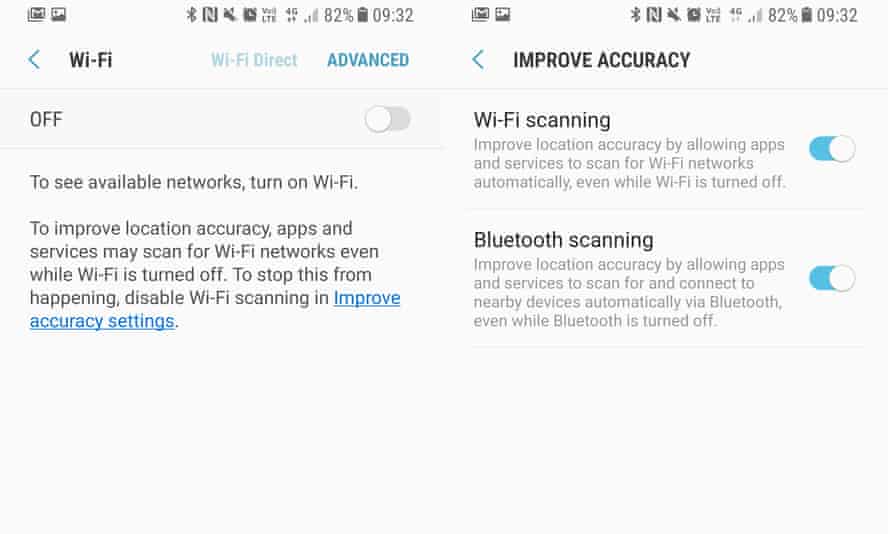There Are Six Settings On Your Android Smartphone That You Should Alter Right Now.
When you set up an Android smartphone, you go through a series of processes geared toward customizing your experience. When compared to iOS smartphones, Android devices provide more customization options. While most of these options are simple to access and modify, there are a few on Android devices that can have an impact on the device’s security and general performance. These functions are frequently activated by default, and they may have a detrimental impact on the device.
Here’s a list of Android Smartphone Features You Should Update Right Now.

Image Source
Disable Ad Personalization.
Google aims to follow your online activities in order to show you more relevant advertisements depending on your preferences. If you have an Android phone, you’ve probably noticed advertising relevant to your search queries and interests. This is because Google keeps track of what you spend the most time doing. Although it may appear to users to be a useful tool, keep in mind that you are revealing a lot of information about the things you use on your smartphone.
You can opt-out of personalized advertisements by navigating to Settings > Google > Ads and tapping on “Opt out of Ads Personalization.” Hide personal data from the lock screen.
Google included a feature in Android 5.0 that allows users to engage with alerts right from the lock screen. Many users find the function handy, it can also be a significant privacy concern. Although if your smartphone is locked, anyone can engage with crucial texts and other notifications if this feature is enabled.
Toggle off “Sensitive” in Settings > App and Notification > Notifications to hide sensitive information from your lock screen.
Disable App Shortcuts That Are Created Automatically.
When you download an app from the Play Store on your Android smartphone, the system creates a shortcut on your home screen by default. Not every app you download for your smartphone is worthy of being featured on the home screen. When setting up a new phone, the function can be particularly inconvenient because the device automatically downloads apps related to your Google account and clutters up your home screen. To turn off automatic app shortcuts, long press on your home screen, then tap on Home Settings, then toggle off. Option to add an icon on the home screen.
Modify the App’s Permissions
Apps need your permission to access sensitive information in order to fulfill specific activities. These permissions are usually associated with Bluetooth, Contacts, Camera, Microphone, and Location. Because applications can’t work correctly without authorization, most users give sensitive information to gain access to the app’s functions. Even if you don’t use any of the applications very often, you have given them permission to access your personal information.
You may modify app permissions by going to Settings > Apps & notifications > tapping on the app to see and change permissions you’ve allowed.
Keep Background Data Consumption to a Minimum.
Apps on your Android smartphone can use mobile data to refresh feeds or load material in the background, saving you time when you open the app. It usually cuts down on the time it takes for fresh material to load in an app. Although the feature is convenient and speeds up your smartphone, it might also boost data usage. While the amount of data consumed by a single app may appear to be insignificant, it can quickly add up when multiple apps use data to update content in the background. Fortunately, you can control which apps get access to background data on an app-by-app basis.
Go to Settings > Apps > Select an app, then settings > Mobile data and > WiFi Background data.
Scanning with Wi-Fi and Bluetooth
There are a number of features on Android phones that consume energy without your knowledge. WiFi and Bluetooth scanning are examples of such features. Even when Wi-Fi and Bluetooth are turned off, these functions check for nearby Wi-Fi networks and Bluetooth devices.
Toggle off Wi-Fi scanning and Bluetooth scanning under Settings > Location > Wi-Fi scanning and Settings > Location > Bluetooth scanning, respectively, to turn off this scanning capability.


/android-data-saver-setting-5c91100046e0fb000146adf8.jpg)
